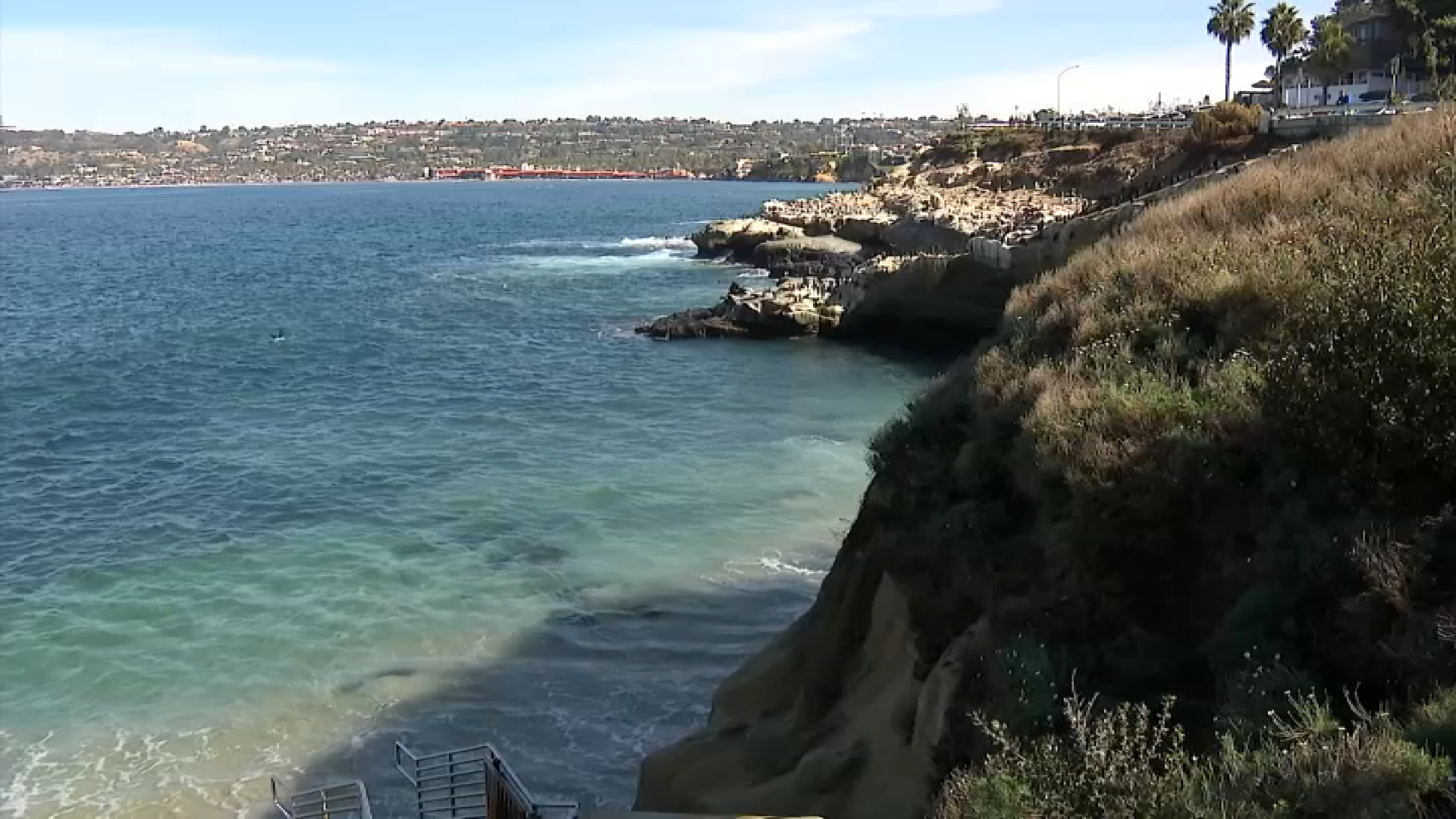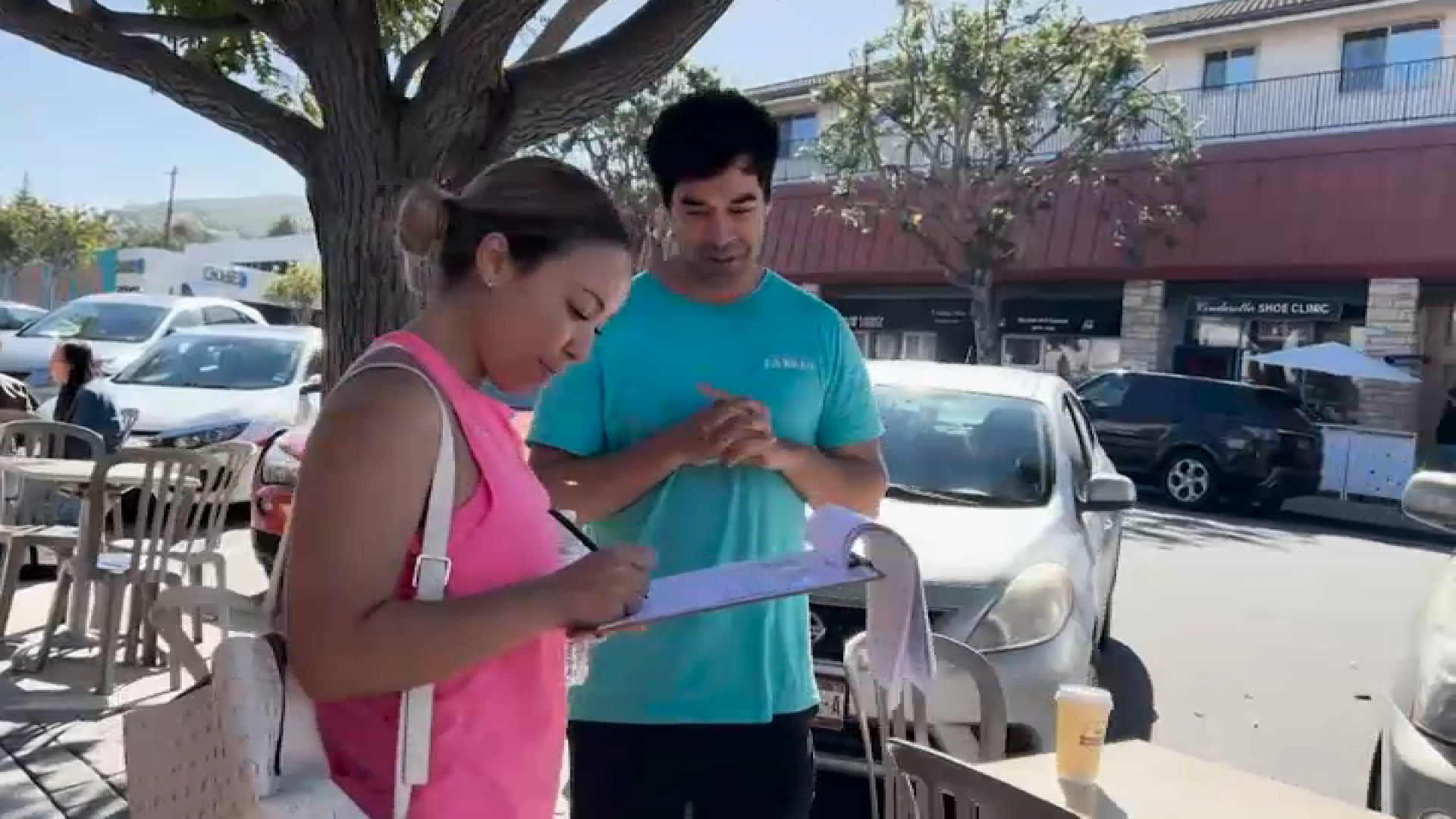Members of the Association for the City of La Jolla (ACLJ) are exhaling a bit after getting more than the 6,750 signatures needed to start the process of becoming its own city.
“We would like to make this the jewel it was many years ago. It's lost a lot of its luster, and we just want to fix it for everybody,” said Dian Kane, vice president of the ACLJ.
Stream San Diego News for free, 24/7, wherever you are with NBC 7.
Previous coverage:
Despite the win, the process is far from over, and San Diego Mayor Todd Gloria has vowed to explore legal action against the Local Agency Formation Commission (LAFCO). It’s the county office that oversees the creation of new cities.
Get top local San Diego stories delivered to you every morning with our News Headlines newsletter.
LAFCO reversed the Registrar of Voter's decision that some of the ACLJ’s petition signatures were invalid. Gloria calls that decision "outrageous."
In a statement, Gloria said: “The City formally objected to many of LAFCO staff’s interpretations, including the allowance of names not matching registered voter data, incorrect addresses and ZIP codes, incomplete addresses, and illegible submissions already rejected by the Registrar. To ensure full transparency regarding LAFCO’s override of the ROV’s Certification of Insufficiency, the City will issue a formal Letter of Objection and continue to explore the legal options available.”
"The Local Agency Formation Commission follows a different part of the code to state law,” said Ed Witt, ACLJ treasurer. “I respect the mayor. I know Todd is a great guy, but he's wrong.”
A La Jolla secession has been talked about for years, but it's never gotten this far.
Kane shared a laundry list of things she says La Jollans can do better by themselves, like “balancing new development with preserving our heritage, protecting natural habitat” and infrastructure problems.
It's fixes they say the city of San Diego would no longer have to pay for, allowing the mayor to concentrate his focus on other communities like South San Diego, which flooded last year.
"We think we can take that burden away from the city for our infrastructure and save them money and save them liability and make La Jolla and the city of San Diego better for everyone," Witt said.
La Jolla generates nearly $84 million in revenue for the city of San Diego, according to the ACLJ’s preliminary fiscal analysis. But LAFCO says any split must be revenue neutral for San Diego, meaning “the city of San Diego doesn't lose a dime," according to Witt.
He and the ACLJ argue the city could potentially make money by contracting out emergency services.
LAFCO will now start drafting a final certified financial analysis.
Ultimately, the decision to split will be put to a vote of all San Diegans.



